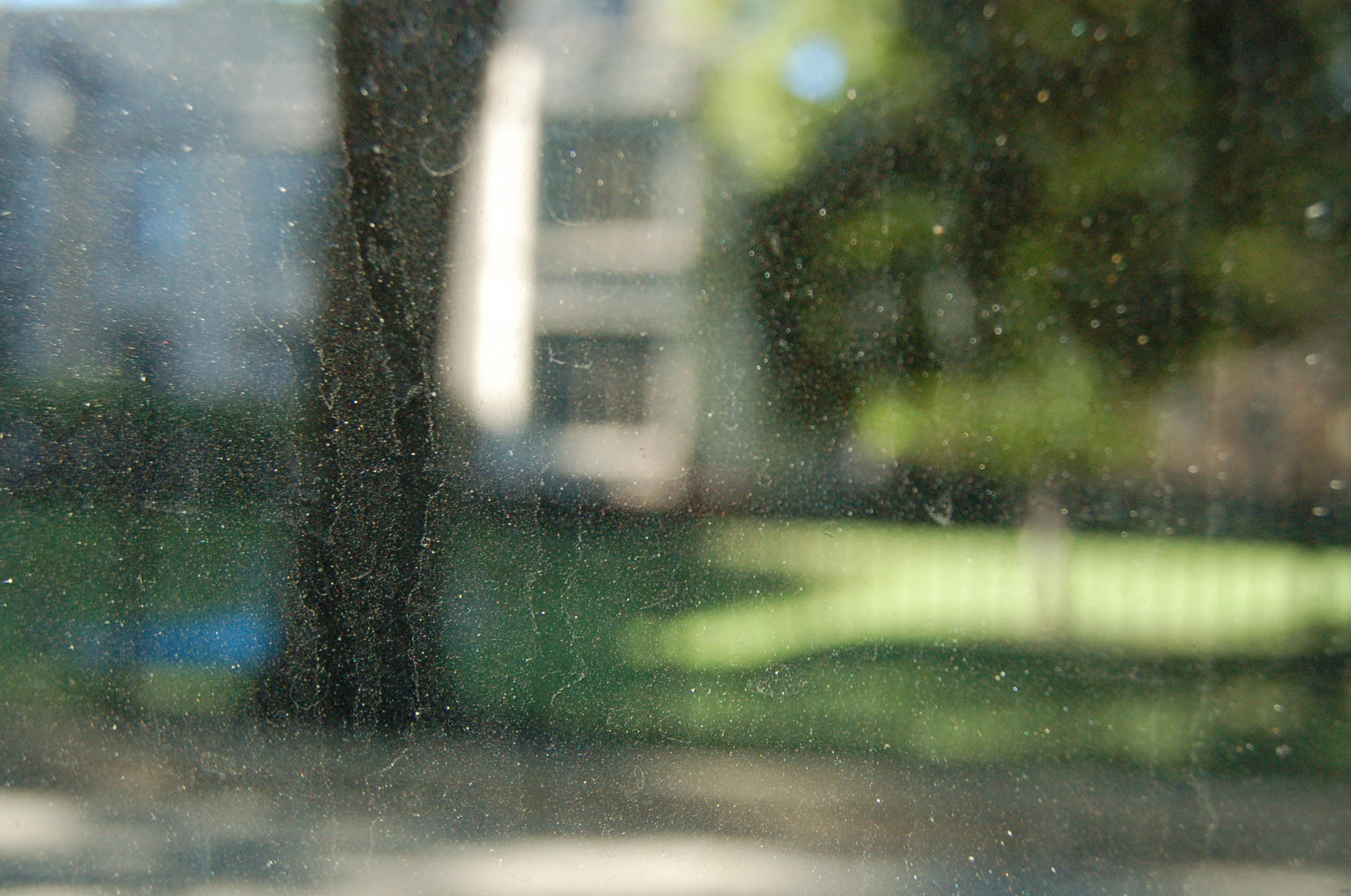by Karen Marks
The music fades out and the lights of the Calhoun Cabaret rise on Teresa Chen ’19. She looks at the audience, and says, “I’m tired of writing about race.” Her voice is steady, and even when it rises and falls with the emotion of her verses, she is in control of her captive audience. And just like that, the tone is set for Jook Songs’ spring show wax//wane.
On April 2nd , a line of mostly students of color had formed in the Calhoun basement, eager to watch a performance by Yale’s oldest spoken word group. Jook Songs reclaims the term jook sing used to describe Chinese Americans. However, the group includes a range of Asian students, whether American-born, international, or fifth-generation. Poets performed their five to seven minutes long pieces, exploring everything from race identity in America to romantic love, familial ties, and –as Teresa recited—“things white people write about.”
Skyler Chin ’19 reflected on the conflict over others denying his American nationality. In this vein, Teresa talked about her struggles of wanting to be a writer who was Asian, rather than an Asian writer barred from writing about anything else but her race and culture.
Claire Sheen ’19 addressed the problem with white writers using Chinese pen-names to qualify their work, disregarding the shame Chinese-Americans themselves were subjected to for using Chinese names. This poem, titled “Yellow Bodies,” not only captured the contradictions of Chinese names only being worthy when attached to white men, but also lack of recognition for Chinese-American laborers in American history, and Chinese contributors to Yale. Sheen particularly focused on Maya Lin, the designer of the Women’s Table on Yale’s Cross Campus, though better known for her design of the Vietnam War Memorial in Washington.
Meanwhile, Kit Lea Cheang ’19 took a break from “poetic confession” and discourse, and chose to focus on positivity and possibility. In a low demure voice, Kit Lea listed all the things that one could accomplish without limits – attaching a foam middle finger to her head, and recommending vibrators to stressed-out peers, all while finding a wealthy and suitable husband at the end of the day.
In each of the individual speeches at the end honoring an outgoing member, the love that Jook Songs fosters was felt as strongly as each poet’s recitations – deeply personal, public, and profound.
Jook Songs’ wax // wane aptly captured the varying narratives and experiences of each poet, whether it was social justice commentary, mental illness, or the frustration of not having enough middle fingers to go around.


